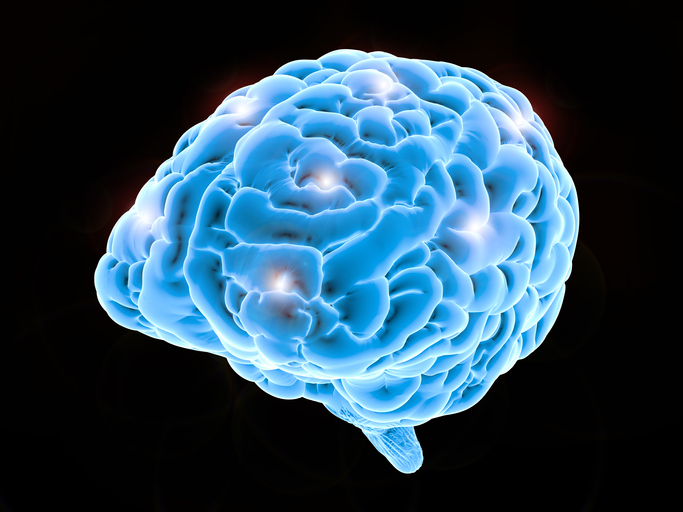In healthcare, the human brain remains one of the most enigmatic and delicate structures. When injuries occur within this area, the path to diagnosis is filled with many complexities, and you may wonder, how long does it take to diagnose a brain injury? This is the question we will be answering in this article. Read on as we unravel the process to understand the typical timeline and key factors involved in diagnosing brain injuries.
The Average Diagnosis Period

When it comes to diagnosing brain injuries, particularly mild traumatic brain injuries (TBIs) and concussions, the timeline can vary significantly. One of the key factors contributing to this variability is the delayed onset of symptoms. Unlike some injuries where symptoms manifest immediately, brain injuries can be trickier to pinpoint because some symptoms may surface right away, while others may remain hidden for hours or even days after the injury. Immediately after a head injury, some symptoms may be readily apparent. These early signs often prompt individuals to seek medical attention promptly.
However, what makes the diagnosis of brain injuries more challenging is the delayed onset of some symptoms. Sometimes, individuals who have sustained a mild TBI or concussion may not realize the extent of their injury until hours or days later. These delayed symptoms can encompass a range of issues, such as persistent headaches, memory problems, mood changes, and difficulty concentrating.
The delay in brain injury symptoms is due to the complex nature of these injuries. When the brain experiences trauma, it may not react immediately. Instead, biochemical and physiological changes can occur over time, leading to the emergence of symptoms. Additionally, the brain’s complex network can compensate for certain deficiencies temporarily, masking the injury’s effects.
Potential Symptoms of Brain Injury
Unlike many other injuries, not all TBIs come with readily apparent wounds or visible signs. This is why seeking medical evaluation from trained professionals is paramount. It is essential to recognize that there are several signs of a TBI that may not appear directly related to a brain injury. Key symptoms that might indicate a brain injury include;
- Headache: Persistent and severe headaches, especially after head trauma, can signal a TBI.
- Nausea and vomiting: Unexplained nausea or vomiting, particularly shortly after injury, is cause for concern.
- Drowsiness: Excessive sleepiness or difficulty staying awake could be a TBI symptom.
- Changes in taste or smell: Altered taste or smell sensations may indicate a neurological issue.
- Sensitivity to light or sound: Increased sensitivity to light (Photophobia) or sound (Phonophobia) can be TBI-related.
Initial Tests Used in Diagnosing a Brain Injury
When seeking medical help after a traumatic brain injury (TBI), healthcare professionals will employ various tests based on the injury’s severity and timeline. These tests are crucial in assessing and diagnosing a TBI. Here are some common tests used:
- Glasgow Coma Scale (GCS): This scale helps evaluate a person’s condition immediately after a TBI and during follow-up assessments. It assesses eye, verbal, and motor responses, providing a numerical score that indicates the level of consciousness and severity of the injury.
- CT (Computed Tomography) or CAT (Computerized Axial Tomography) Scan: CT scans are a widely used imaging technique that employs X-rays to create detailed images of the skull and brain. This allows doctors to identify bleeding, fractures, or other abnormalities.
- MRI (Magnetic Resonance Imaging): Similar to a CT scan, MRI provides detailed images but uses powerful magnets instead of X-rays. It’s particularly useful for assessing brain activity and detecting subtle structural changes.
- EEG (Electroencephalogram): An EEG measures electrical activity in the brain by placing small electrodes on the scalp. This test helps assess brain function and detect abnormalities in electrical patterns.
These initial tests are crucial steps in diagnosing a brain injury. Depending on the situation, additional tests and evaluations may be necessary to provide a comprehensive assessment of the injury’s extent and impact.
The choice of tests depends on the specific circumstances of the injury, as well as the expertise of the medical team involved. Accurate diagnosis through these tests is vital to determine the appropriate treatment and care plan for individuals who have sustained a TBI.
Our Personal Injury Attorneys are Ready to Help
If you have been involved in an accident resulting in a brain injury, seeking legal guidance is prudent. An experienced personal injury lawyer can be your advocate, helping you navigate the complex legal process and working to secure the compensation you deserve.
At the Ruhmann Law Firm, our dedicated team of personal injury lawyers is ready to assist you. We understand the challenges and uncertainties that follow a brain injury, and we are committed to protecting your rights. Contact us to schedule a free consultation today.
